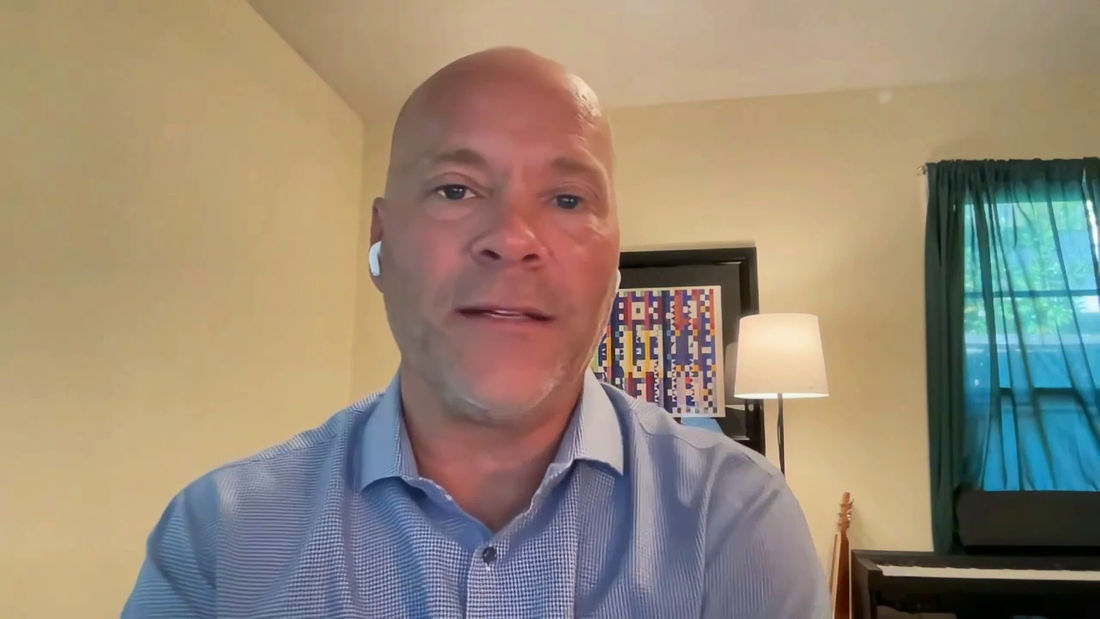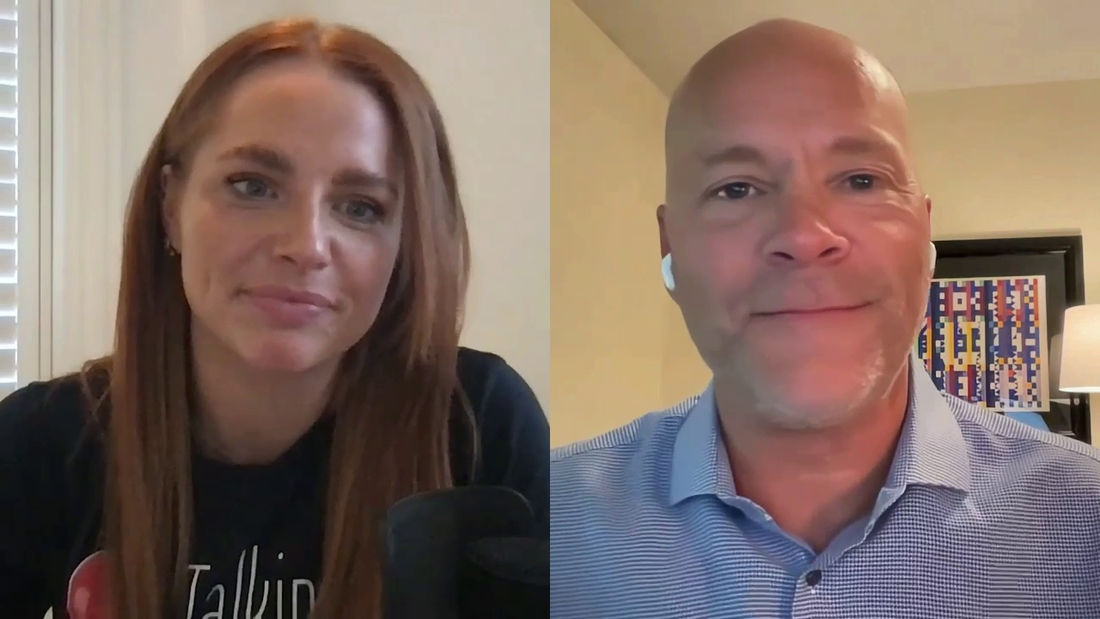Talking HealthTech: 389 – Impacting health care through AI Adaptive learning; a global perspective. Dr Marc Berg, Area9 Lyceum

Source: talkinghealthtech.com

Provided by:
Talking HealthTech
Published on:
31 October 2023
The Landscape
The ever-changing realm of healthcare and technology offers a little-explored dimension: adaptive learning in medical education. A recent Talking HealthTech podcast featuring Dr Marc Berg explored how technologies like Area9 Lyceum can revolutionise this space, making healthcare education more efficient, engaging, and impactful.
What is Adaptive Learning?
Adaptive learning employs computer algorithms to tailor the learning path for each individual, contrasting the traditional “one-size-fits-all” model.
Traditional Vs. Adaptive Learning
The conventional healthcare education process involves long, rigorous training sessions that have limited scope for personalisation. In contrast, adaptive learning allows healthcare providers to engage with educational content at their own pace, making it more applicable to patient care.
Real-World Applications
Organisations like the New England Journal of Medicine and the American Heart Association have seen significant improvements in knowledge retention and engagement using Area9 Lyceum’s adaptive learning technology. These tools prove especially useful for exam preparation and advanced life support skills certification.
Efficiency and Impact
Adaptive learning systems save time, a vital resource in healthcare settings. According to Dr Berg, learners acquire content 40% faster than traditional methods, thus freeing up time for patient care.
Challenges
The system is not without obstacles, including the difficulty of quantifying its impact on patient outcomes and the challenge of maintaining learner engagement. Nonetheless, Dr Berg emphasises that traditional learning modules are far less engaging and can be detrimental to the healthcare field.
Implementation Strategies
Dr. Berg advises healthcare providers keen to integrate adaptive learning to start with material they are most enthusiastic about. The process can be invigorating, with a low barrier to entry regardless of the size of the healthcare system.

Global Reach
A case study in Tanzania demonstrates adaptive learning’s ability to overcome infrastructure limitations by providing mobile access to educational content. Preliminary data on adoption rates looks promising.
Australian Context
In Australia, where healthcare system reforms aim to improve interoperability, adaptive learning can be a less disruptive model. It offers incremental steps towards more efficient and effective education.
Scientific Backing
Adaptive learning technologies are supported by research, showing their efficacy over traditional methods in some instances. Their personalised approach has the potential to enhance clinical decision-making.
Steps to Get Started
Stakeholders can begin the adaptive learning journey by assessing current educational programmes, identifying gaps, and collaborating with experienced organisations in adaptive learning technology.
The Bigger Picture
Adaptive learning isn’t just about the individual; it can revolutionise education at departmental and organisational levels, helping to identify and bridge knowledge gaps effectively.

Patient Outcomes and Real-world Impact
Effective learning correlates directly with improved healthcare practices, affecting areas like medication management and hygiene—factors critical to patient safety and treatment success.
Overcoming Resistance
The primary barriers to adopting adaptive learning in healthcare aren’t technological but attitudinal, specifically the willingness and readiness for change.
Final Thoughts
Adaptive learning stands out as a transformative strategy in healthcare education. It offers a flexible, personalised approach that not only improves the efficiency of learning but also has the potential to directly impact patient care. Dr Berg’s insights underscore the paradigm shift that adaptive learning could represent, turning healthcare education into a more effective and engaging endeavour.